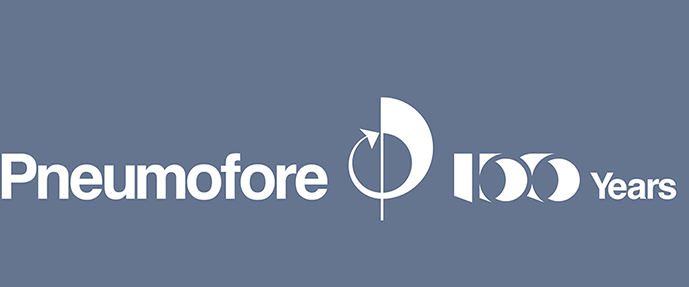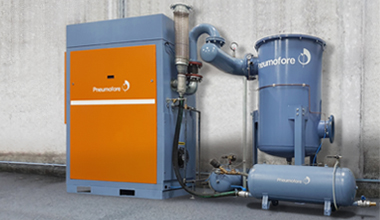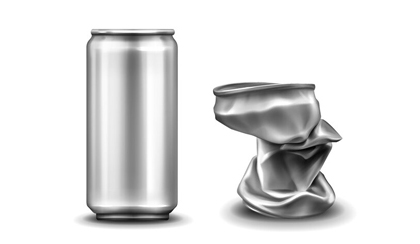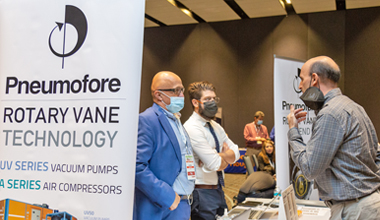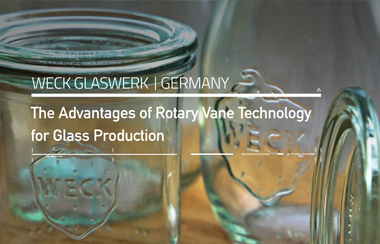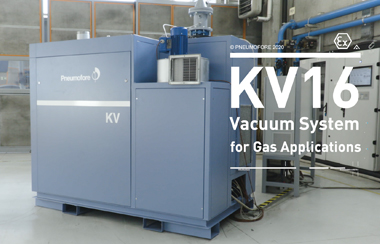The process of polymer degassing at the extruder is necessary to remove all the air and the residual volatile components. But these gasses can be toxic and aggressive and they can damage and compromise the functioning of standard equipment and vacuum pumps. On the contrary, a tailored vacuum system can separate and remove most of the volatile impurities. Pneumofore supplies the rubber industry since 2008 with dedicated vacuum systems for tyre and hose moulding. Quality specifications, remote control and higher vacuum level are some of the features that can be found in the Pneumofore installations worldwide. The most recent systems are running in Mexico, UK and Romania while many other vacuum systems have been running for over a decade in Italy, France, Poland and India. Customers choose Pneumofore for the durability, ease-of-maintenance and trouble-free operation as well as for the high vacuum level that can be reached by the air-cooled UV Series vacuum pumps.
Is there any alternative to PET to preserve, store and transport liquids? PET and other harmful options have a disastrous environmental impact. Does the high percentage of recycling of aluminium cans contribute to slowing down Climate Change?
These are the questions central to the “Aluminium Can…Change?” project. Sponsored by Pneumofore, it is designed to encourage students to seriously reflect upon the environmental impact of consumable goods, including both their full production cycle and packaging. The project, which is currently running with the participation of the students of the Albertina Academy of Fine Arts in Turin (Italy), aims to inspire a new approach toward environmental issues and a deeper understanding of the impact of daily habits.
The inter-disciplinary path of the project ranges from the history of liquid containers to the analysis of aluminium characteristics, through art, visual communication, photography and design with the intention of discovering new shapes and uses, whilst promoting a strong awareness of sustainability and environmental concerns.
The project will culminate in the publication of a multi-lingual book and an exhibition of student works that will be held by the end of 2021 in the Academy’s impressive circular “Rotonda Talucchi” building.
As a leading supplier of high-efficiency and energy-saving vacuum and compressed air systems for the global canmaking industry, Pneumofore enthusiastically supports the “Aluminium Can…Change?” project. The company maintains its ongoing commitment to manufacturing choices which reduce the overall carbon footprint impact.
The project is led by the Sehen Foundation in collaboration with the Albertina Academy and with the participation of the School of Artistic Design for Business and the Polytechnic of Turin.
For more information: www.sehen.org .
In a 15-year comparison, the electricity cost of running a 250 kW compressor exceeds the initial purchasing cost of more than 30 times. This is the average result by considering capex and power consumption cost only, but it can be even more impressive if after-sale maintenance, shut-down time and overhauling costs are added. This was the highlight presented by Pneumofore at Latamcan 2021, one of the major international conferences and the most important technical event for the Latin America metal packaging sector. Hold in Mexico City from September 22 to 24, the event represented a must-attend opportunity for face-to-face meetings in these years of restrictions. At the conference, the CEO of Pneumofore, Rolf Hilfiker, was welcomed as a keynote speaker and pointed out how a clear view over the entire Life Cycle Cost picture is essential before any purchasing decision.
Weck Glaswerk, one of the most historical and renowned glassworks in Germany, is relying since decades on the Rotary Vane technology for the supply of vacuum and compressed air at the IS machines.
In 2017, for the expansion of its production plant in Bonn, the company installed the first Pneumofore UV30 vacuum pump.
This Rotary Vane machine fully met the expectations. The efficient non-stop operation and the ability to independently service the machine reinforced Weck’s faith in Pneumofore.
In fact, the company installed a second Pneumofore UV30 unit, equipped with Variable Speed drive, and commissioned a Pneumofore A400.4 low pressure air compressor for the supply of 3 bar(g).
Owing to the steady running of the Pneumofore machines under full load over the years, Weck Glaswerk was happy to document the results and the confirmed power consumption savings with a video testimonial. With a pure and honest testimonial, Weck is demonstrating the improvements achieved in meeting the demanding German carbon footprint reduction rules.
Specifically designed for gas applications, the innovative Pneumofore KV16 vacuum system can operate in hazardous areas classified Atex Zone 2. Fully customized according to the customer’s specifications, this unit is based on the Pneumofore Rotary Vane technology and provides a flow capacity from 714 to 1.220 m3/h. Equipped with Variable Speed drive, the machine is driven by an Atex-certified motor and its low rotation speed ensures high operational safety standards and minimal maintenance requirements. The sound proof cabinet significantly reduces the noise level while in operation. The unit is air-cooled and ready-to-use for ease of installation. Thanks to its simple geometry and sturdy design, this machine guarantees stable efficiency over time. Along with KV vacuum systems, Pneumofore also manufactures a full range of single- and multi-stage compressors up to 20 bar(g) for gas treatment and processing.
